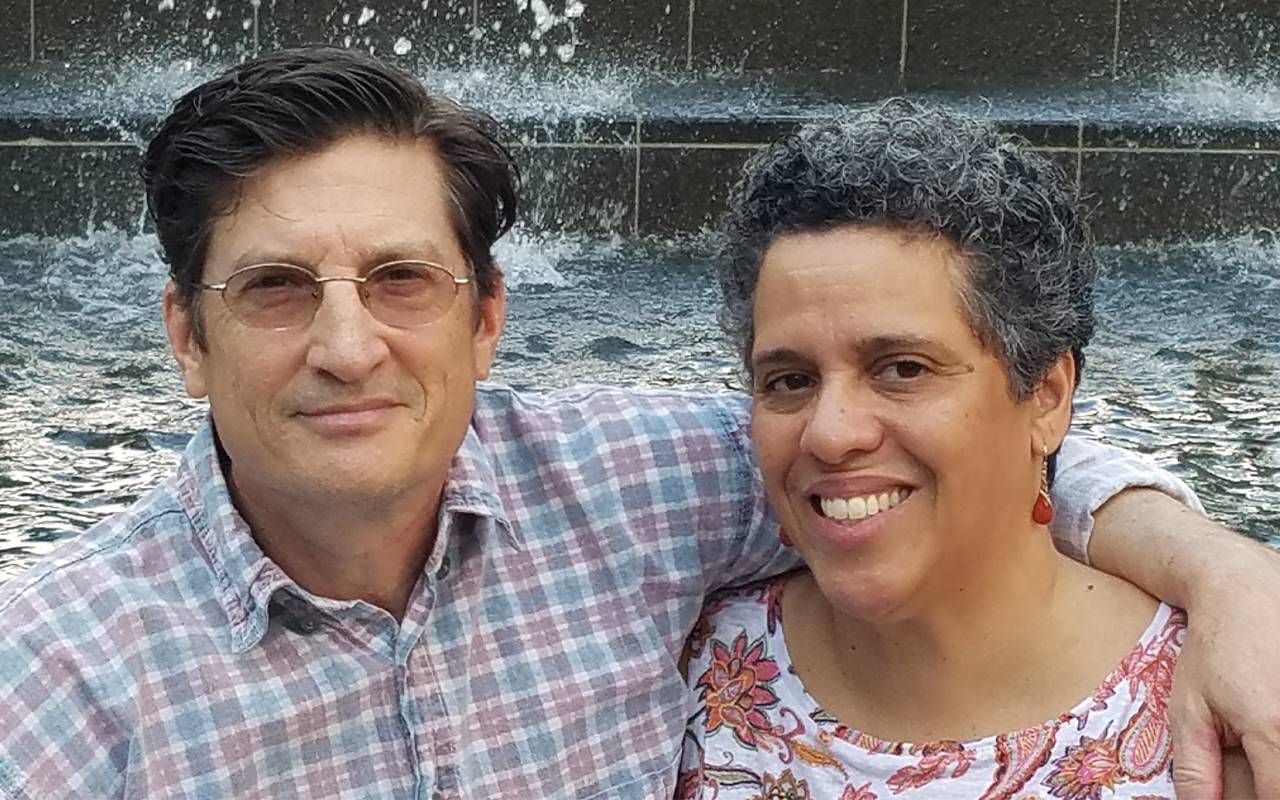Dorri Olds, a 61-year-old freelance writer and graphic designer, says she has spent nearly all her savings to refurbish her New York City apartment. In an emergency, she says she would sell it and consider retiring outside the U.S., possibly in a country like Costa Rica.
But she is also a caretaker for her 89-year-old mother, who lives a half hour away in Manhattan’s Upper West Side. Olds sees how her mother’s health is declining, and worries that she, too, may have health issues as she ages.
“Ideally, I would wait until 70 to collect Social Security; that’s when you get the most money,” Olds says. “But I’m also panicked that politicians may gut it. I’m working harder to get more freelance jobs.”
Running Out of Money in Retirement
Olds’ concerns about waiting to collect Social Security are valid given the increasing number of older Americans who are projected to face health problems that are not fully covered by Medicare and could deplete their savings.
The number of Americans who are 75 and older is expected to more than double by 2040, according to the Center for Retirement Research at Boston College. It cautions that as both physical and mental health problems become more pronounced with age, retirees run the risk of draining their savings and investments.
Olds bought her one-bedroom apartment in 1994 when she began freelancing full-time. Over the past two years, she has spent around $65,000 on upgrades to the apartment, including a new kitchen, repaired ceiling in her bedroom, an upgraded bathroom and fresh paint throughout.
This has resulted in her first-ever experience with credit card debt, since her grocery bills and monthly maintenance fees have also increased. “My apartment is my nest egg,” Olds says. “I won’t be out on the street with a tin cup if I sell my apartment, but I don’t want to have to do that.”
Required to Retire
On the other side of the country, Sasha Patterson says she didn’t choose to retire; circumstances forced her into it. Patterson, 62, quit her job in New Jersey in 2018 to move cross-country with her husband, Paul Seaver, who’s also 62. At the time, Patterson had worked at the Center for American Women and Politics (CAWP) at the Eagleton Institute of Politics at Rutgers University for 20 years.
“I wasn’t growing in my job, and my position stagnated,” she says. Her husband had lost his job as a landscaper in 2016, so they jointly decided to move to the West Coast, where homes were less expensive. They sold their house in Maplewood, New Jersey, and moved near Seattle.
Patterson says she wanted to do similar work to what she did at CAWP. She made connections at the University of Puget Sound. She attended a conference in February 2020 to continue networking and ask about consulting work, but the COVID-19 pandemic shut the country down just weeks later. By the time the U.S. eased quarantine restrictions about a year later, there were no open positions for Patterson.
Where Is the Work?
Disappointed but not yet discouraged, Patterson continued applying for jobs and received no response. She even took her college graduation dates out of her resume but received almost no responses.

Patterson recently began collecting her pension from Rutgers, while her husband started receiving his Social Security benefits. In addition, they have a Roth IRA and some savings from the sale of their New Jersey home, which they put in a Certificate of Deposit.
Patterson says they can survive on a limited budget, but emergencies take a toll. When they needed a new roof, Patterson and her husband borrowed $12,000 from a relative.
“I’m living without a safety net and hope to make it until I can start collecting my Social Security at 70,” Patterson says. Still, she says the biggest benefit of living in Washington is the state’s Medicaid program. Called Apple Health, it offers free or low-cost coverage to those who meet eligibility requirements.
